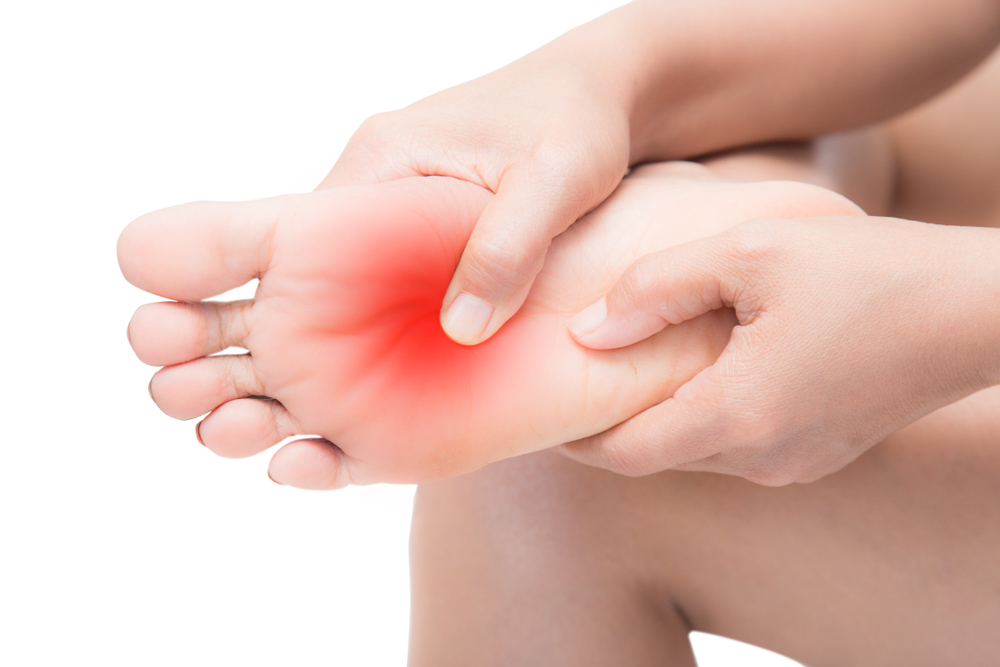One disease that affects your body’s motor nerves is multifocal motor neuropathy (MMN). The nerves that are afflicted by MMN are the nerves that control and direct your body’s muscles. Individuals with this condition have arms and hands which may feel weak. This is because the condition makes it difficult for the brain to send electrical signals which move, thus, a twitching and cramping sensation may also be felt.
Many treatments are available for MMN. In most cases, these treatments can make the muscles grow stronger. Furthermore, the disease is not life-threatening. However, the disease can progress into a much worse state slowly and you will be having a hard time doing daily tasks such as typing or getting dressed. However, in a lot of cases, symptoms may be so mild that they don’t interfere with your daily activities, therefore, not necessitating the need for treatment. These individuals can carry on with their daily lives for a long time after their diagnosis.
Majority of people with MMN are already in their 40s and 50s. However, it may also affect individuals aged 20 to 80 years old.


